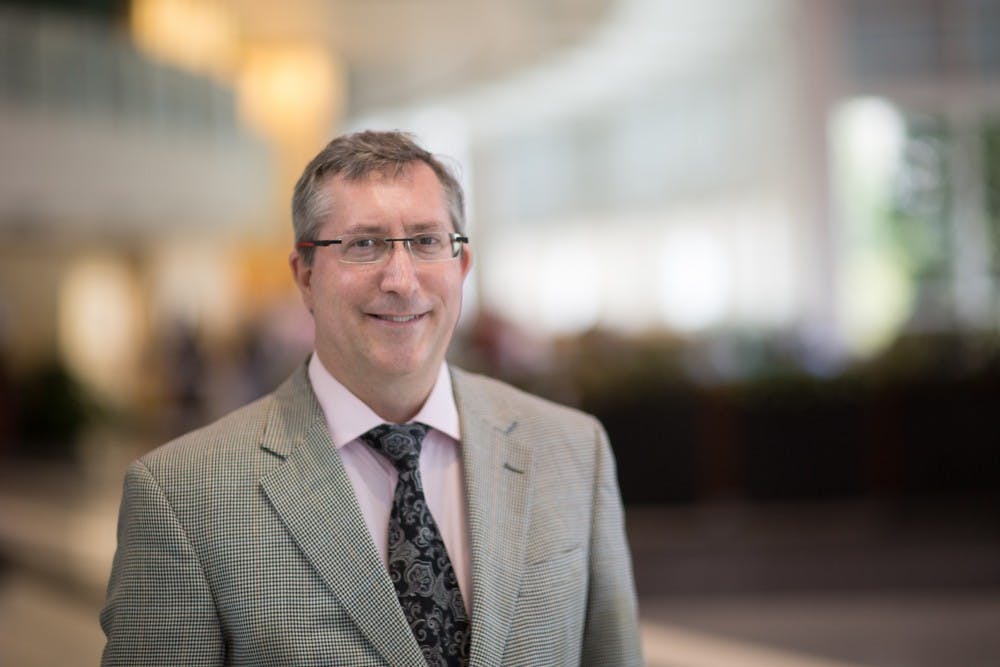In the past decade, there has been a push to integrate artificial intelligence into the health care setting. Michael R. Kosorok, a professor in the departments of Biostatistics and Statistics and Operations Research at UNC, discussed current efforts to use AI to improve public health and precision medicine. Kosorok has focused on using AI to improve decision making for individuals with health concerns.
The Daily Tar Heel: When did you first become interested in artificial intelligence and its relationship to healthcare?
Michael R. Kosorok: Well, I’ve always been interested in AI since I first read about it in science fiction and other things as a younger person. However, I started shifting my own career, so I was focusing on AI and precision medicine especially about ten years ago, shortly after moving here from Wisconsin.
DTH: What does the term ‘AI’ mean to you? What are some examples of how it is currently used in health care?
MRK: Right, so artificial intelligence is a class of methods of analyzing data that allow you to be able to learn something from the data; to be able to use it for prediction or for making decisions or for classification. You can use it to translate languages. You can use it to identify objects in a picture. There are many ways you can use it. You can construct logic tables so that you can make decisions using AI.
For me, the most interesting aspects of AI are how AI can take data and convert that data into something that we can use for prediction or decision-making. In my work, I’ve largely used artificial intelligence to figure out, based on data that we collect either in real time or in batch mode, and be able to determine what is action or treatment that a patient receive that will result in the best outcomes for that patient. That’s different from prediction, because in prediction I would just be trying to figure out what happens to a patient. Rather than knowing what will happen, I want to know what I can do that will lead to a better result in the future.
A couple of years ago, AI was used to be able to come up with a method that could predict, fairly accurately, whether someone had skin cancer based on photos. It turns out that it appeared to perform as well as a dermatologist would, and that’s much, much (sic) more complex than an AI using logic tables.
In my main research area — precision medicine — I’m trying to figure out how to make decisions for a person, patient, treatment and doctor. How they should act or what they should do, what actions they could take that will lead to a better clinical outcome at the next moment in time, or the next day, or next year or the long-term health result. That’s a very difficult challenge and a lot of interesting work has been going on in this area during the last five to 10 years.
DTH: Can you define precision medicine as it relates to AI and the applications of your research?



